As a betta fish owner, you may have witnessed your fish suddenly become still and motionless, resembling a lifeless creature. This behavior, known as playing dead, is a unique characteristic of betta fish that fascinates many fish enthusiasts.
But what exactly is playing dead, and why do betta fish exhibit this behavior? In this section, we’ll explore the intriguing behavior of betta fish playing dead, examine their natural behavior and instincts, and discuss the tricks they can learn.
Table of Contents
Key Takeaways:
- Betta fish playing dead is a unique behavior that fascinates many fish enthusiasts.
- In order to understand this behavior, we must first examine the natural instincts and characteristics of betta fish.
- Playing dead can be a part of betta fish tricks and training.
- The health and well-being of betta fish can greatly impact their behavior, including playing dead.
- Proper care and environment can enhance the overall enjoyment and well-being of betta fish.
The Nature of Betta Fish
Before we discuss the unique behavior of betta fish playing dead, let’s take a closer look at their natural behavior. As a proud betta fish owner, I can attest to the fact that these fish have a complex personality that goes beyond just swimming around in their tank.
Betta fish are known for their vibrant colors and flowing fins, but they also have a reputation for being aggressive. In the wild, betta fish are known for fighting each other for territory and resources. This aggression is also evident in their behavior in captivity, which can sometimes lead to conflicts with other fish in the tank. However, with proper care and attention, betta fish can also display affection towards their owners and even learn tricks.
One interesting behavior that betta fish exhibit is flaring. This is when they puff out their gills and fins to appear larger and more intimidating. While this behavior may seem aggressive, it is actually a natural response to perceived threats or competition for resources.
Another natural behavior of betta fish is building bubble nests. Male betta fish build these nests as part of their mating ritual. They use their saliva to create bubbles on the water’s surface, which then trap air bubbles and form a nest. This is a sign that the male is ready to mate and can also indicate that he is in good health.
Betta fish are also known for their curiosity and intelligence. They are active and alert fish that enjoy exploring their environment and interacting with their owners. This makes them a popular choice for people looking for a pet that is both beautiful and engaging.
“Betta fish are active and alert fish that enjoy exploring their environment and interacting with their owners.”
Unveiling the Mystery: Betta Fish Playing Dead
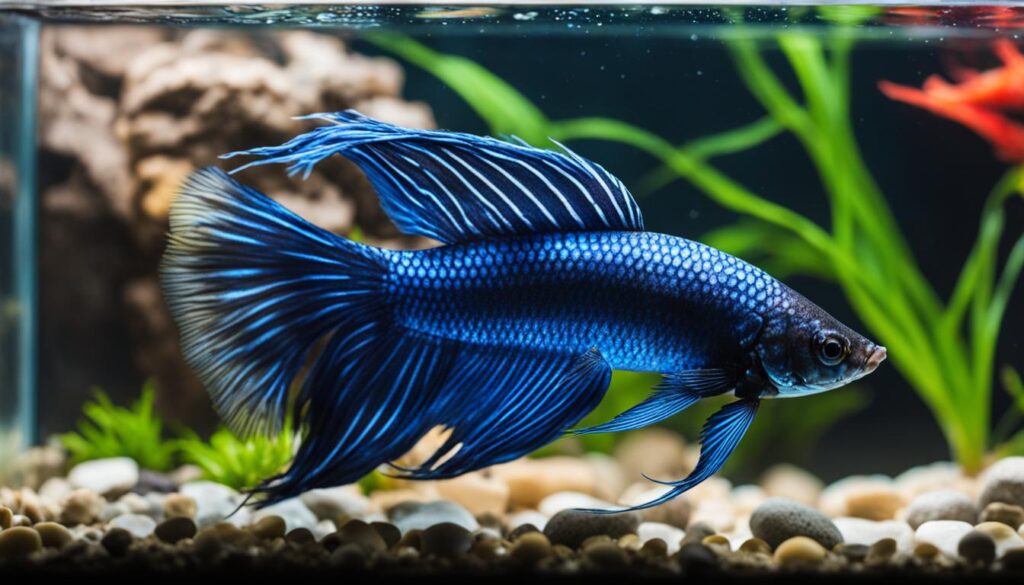
Betta fish playing dead is a unique behavior that has captivated the attention of fish enthusiasts for years. But what exactly does this behavior entail?
When a betta fish plays dead, it will often lay on its side or float motionless at the surface of the water, causing concern for its owner. This behavior may last anywhere from a few seconds to several minutes before the fish returns to its normal activity level.
It’s important to note that playing dead is not a sign of illness or distress in betta fish. In fact, it is a natural behavior that they may exhibit for a variety of reasons.
“Playing dead is a natural behavior that betta fish may exhibit for a variety of reasons.”
One reason betta fish may play dead is as a defense mechanism. In the wild, they may use this behavior to convince potential predators that they are no longer a threat.
Another reason is simply for rest. Betta fish are active creatures that require plenty of rest and downtime. Playing dead allows them to conserve energy and recharge.
Finally, some betta fish may play dead as a form of entertainment or attention-seeking behavior. Owners who react to this behavior may unintentionally reinforce it, causing their betta fish to continue to play dead as a way to get attention.
It’s important to observe your betta fish’s behavior and determine why they may be playing dead. If it is a defense mechanism, they may be stressed or feeling threatened in their environment. Ensuring they have a suitable and stress-free environment can help alleviate this behavior.
Overall, the behavior of betta fish playing dead is intriguing and unique. By understanding the reasons behind this behavior, we can provide better care for our beloved fish.
Reasons Behind Betta Fish Playing Dead
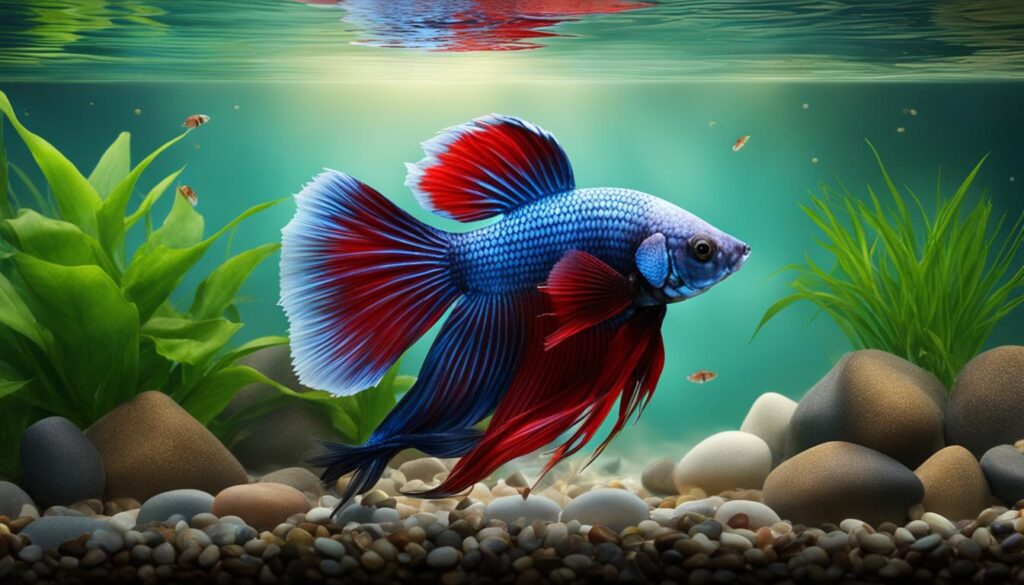
As we’ve explored, betta fish playing dead is a peculiar behavior that’s often misunderstood by pet owners. However, there are several reasons why betta fish may exhibit this behavior.
Natural Instincts
Betta fish are naturally equipped with survival instincts to protect them from predators. Playing dead is one such instinct. When a betta fish feels threatened, it may play dead to avoid being attacked.
Playing dead can also be a way for betta fish to “trick” predators into thinking they are already dead, therefore rendering them unappetizing.
Environmental Factors
Aside from natural instincts, environmental factors can also contribute to why betta fish play dead. Poor water quality, for instance, can cause stress and illness in betta fish, leading to unusual behavior such as playing dead.
On the other hand, a well-maintained tank with plenty of hiding places and stimulation can promote a healthy and happy betta fish, reducing the likelihood of playing dead.
Aggression
Betta fish are known to be aggressive, especially towards one another. In some cases, playing dead can be a way for a betta fish to avoid confrontation or to appease a more dominant fish in the tank.
It’s important to monitor betta fish behavior and take steps to prevent aggression, such as providing each fish with its own space and ensuring a balanced male-to-female ratio in the tank.
Illness and Stress
Finally, playing dead can also be indicative of underlying health issues or stress in betta fish. If a betta fish is frequently playing dead, it’s essential to assess their overall health and make any necessary changes to their environment or care.
For example, betta fish may play dead if they are suffering from swim bladder disease, a condition that affects their ability to regulate buoyancy. A healthy diet and regular water changes can help prevent swim bladder disease.
“Playing dead can be a natural survival instinct, a response to environmental factors, a way to avoid aggression, or an indication of illness or stress.”
Training Betta Fish to Play Dead

As previously mentioned, betta fish have the remarkable ability to learn tricks, including playing dead. Training your betta fish to play dead can be a fun and rewarding experience for both you and your fish. Here are some tips for successfully training your betta fish:
- Start with basic commands: Before attempting to teach your betta fish to play dead, it’s important to first establish basic commands such as swimming through hoops or following your finger. This establishes a foundation for more advanced tricks.
- Use treats: Betta fish respond well to positive reinforcement, so be sure to reward them with a treat each time they successfully perform a trick. This can be in the form of a small piece of food or a favorite toy.
- Be patient: Learning tricks can take time, so be sure to practice daily and remain patient with your fish. Consistency is key to success.
- Teach gradually: Once your betta fish has mastered basic commands, begin teaching them to stay still on command. Gradually increase the duration of staying still until they are able to remain in a “playing dead” position for a few seconds.
- Use visual cues: Along with verbal commands, hand gestures and visual cues can also help your betta fish understand what you want them to do.
By following these tips, you can train your betta fish to play dead and impress your friends with their unique trick. Remember to always be gentle and patient with your fish during the training process.
Creating the Ideal Betta Fish Environment
As I mentioned earlier, the environment in which betta fish live can greatly impact their behavior. Therefore, it’s important to create the ideal tank setup for your betta fish to ensure their overall health and well-being.
Choosing the Right Tank
The first step in creating a suitable environment for your betta fish is choosing the right tank. Betta fish need a tank with a minimum size of 5 gallons. Anything smaller than that can cause stress and lead to health problems.
When choosing a tank, it’s important to consider the shape as well. A long and shallow tank is better than a tall and narrow one, as betta fish need plenty of horizontal swimming space. Additionally, tanks with lids or covers are recommended as they prevent betta fish from jumping out.
Setting Up the Tank
Next, it’s time to set up the tank. Start by adding a substrate layer to the bottom of the tank. This can be sand or gravel, but make sure to rinse it thoroughly before adding it to the tank to remove any impurities.
Next, add some plants and decorations to the tank. Not only do these items make the tank visually appealing, but they also provide hiding places and enrichment for your betta fish. Live plants are preferred, as they provide oxygen and help maintain the water quality. However, if you prefer artificial plants, make sure they are made of soft material that won’t damage your betta fish’s delicate fins.
Finally, add a filter and heater to the tank. Betta fish require a specific water temperature between 78-82°F. A filter is also crucial as it helps to maintain water quality by removing excess food, waste, and other debris. In the absence of a filter, betta owners should replace the water in the tank regularly, at least once a week.
Betta Fish Care
Now that you have created the ideal tank setup for your betta fish, it’s important to maintain it properly. Betta fish require a specific diet and feeding schedule to stay healthy. Feed your betta fish a high-quality pellet or flake food once or twice a day, being careful not to overfeed them.
Additionally, perform regular water changes to maintain the water quality in the tank. This involves removing a portion of the water and replacing it with fresh, dechlorinated water. The frequency of water changes will depend on the size of the tank and the number of fish living in it, but a good rule of thumb is to change 25% of the water every week.
Betta Fish Health
Finally, it’s important to monitor your betta fish’s health regularly. Keep an eye out for any signs of illness, such as lethargy, loss of appetite, or visible injuries. If you notice any of these symptoms, consult with a veterinarian who specializes in fish care.
Overall, by creating the ideal tank setup, providing proper care and monitoring, you can ensure your betta fish stays healthy and happy, which in turn, can enhance their behavior and overall well-being.
Dealing with Aggression in Betta Fish
As I mentioned earlier, aggression is a common behavior in betta fish. However, it can lead to serious consequences if not properly managed. In this section, we will explore how aggression relates to the behavior of playing dead and provide strategies for managing and preventing aggressive behavior in betta fish.
Betta fish aggression: Aggression in betta fish can manifest in a variety of ways, from flaring their fins to attacking other fish. This behavior is often territorial, as betta fish naturally establish their own space within their environment. However, if left unchecked, aggression can lead to injury or even death.
How aggression relates to playing dead
One possible reason why betta fish play dead is to fool other fish or predators into thinking that they are no longer a threat. This behavior may be a defense mechanism against aggression from other fish or a response to perceived threats in their environment.
In some cases, playing dead may also be a result of stress from aggression. If a betta fish is constantly being harassed by other fish or is feeling threatened, they may exhibit this behavior as a response to the stress.
Strategies for managing aggression in betta fish
If you notice aggressive behavior in your betta fish, it’s important to take action to prevent injury or death. Here are some strategies to consider:
| Strategy | Description |
|---|---|
| Provide enough space | Betta fish need enough space to establish their own territory. Make sure your tank is big enough for your fish and provide enough hiding places so that they can retreat if needed. |
| Separate aggressive fish | If you have multiple betta fish in one tank and notice aggressive behavior, it’s important to separate them to prevent injury. You can use dividers or move one fish to a different tank. |
| Monitor feeding | Betta fish can be aggressive during feeding time. Try feeding your fish at different times or use a feeding ring to prevent them from fighting over food. |
| Add tank mates carefully | If you want to add other fish to your betta fish tank, make sure to research compatible species. Some fish may be too aggressive or may not be able to handle the betta fish’s territorial behavior. |
By taking these steps and providing your betta fish with a suitable environment, you can prevent aggressive behavior and create a happy and healthy home for your fish.
Betta Fish Health and Playing Dead
As responsible betta fish owners, it’s crucial to monitor their health and behavior closely. While playing dead may seem like a harmless trick, it can actually be indicative of underlying health issues in betta fish.
Some health conditions that may cause a betta fish to play dead include:
- Fin rot
- Swim bladder disorder
- Parasites
- Stress
It’s important to note that not all instances of playing dead are related to health issues. However, if you notice your betta fish exhibiting this behavior frequently or for extended periods of time, it may be time to consult with a veterinarian or aquarium specialist.
Along with monitoring their health, providing proper care and an ideal environment is key to promoting the overall well-being of your betta fish. This includes:
- A clean and properly sized tank
- Appropriate water temperature and pH levels
- A varied and balanced diet
- Regular water changes
By meeting these basic needs, you can help prevent health issues and ensure your betta fish is happy and healthy.
Remember, playing dead can be a natural behavior for betta fish, but it can also be a warning sign of health issues. By staying vigilant and providing optimal care, you can keep your betta fish healthy and thriving.
Conclusion
In conclusion, understanding betta fish playing dead is crucial for any betta fish owner. By comprehending and addressing the underlying reasons behind this behavior, we can ensure the overall well-being of our beloved pets.
Betta fish behavior is a complex topic, but by creating a suitable environment and providing proper care, we can enhance their enjoyment and happiness. It’s essential to note that playing dead may indicate underlying health issues, so careful monitoring is necessary.
Enhancing Betta Fish Behavior
To enhance betta fish behavior, we must provide them with a healthy and stimulating environment. This includes maintaining proper water temperature and pH levels, as well as providing plants and hiding spaces for them to explore.
Additionally, we can train betta fish to perform tricks such as playing dead. This not only enhances their behavior but also strengthens the bond between the owner and the pet.
Final Thoughts
In conclusion, understanding betta fish playing dead is just one step towards creating a healthy and enjoyable environment for our pets. By recognizing the underlying reasons behind this behavior and taking steps to address them, we can ensure the overall well-being and happiness of our beloved fish.
I encourage all betta fish owners to continue learning and exploring the behavior of their pets. By doing so, we can create a more fulfilling and enriching experience for both ourselves and our beloved betta fish.
FAQ
What is betta fish playing dead?
Betta fish playing dead is a behavior where the fish appears lifeless, floating on its side or lying at the bottom of the tank. It can be a natural defense mechanism or a learned behavior.
Why do betta fish play dead?
There are several reasons why betta fish may play dead. It can be a response to stress, fear, or aggression. It can also be a way for them to conserve energy or avoid perceived threats.
Can betta fish be trained to play dead?
Yes, betta fish can be trained to play dead. With patience and positive reinforcement, you can teach your betta fish to perform this behavior on command. It can be a fun and interactive trick to showcase their intelligence.
What is the ideal tank setup for betta fish?
Betta fish thrive in a tank with a minimum capacity of 5 gallons. They require warm water with a temperature between 78-80°F, a gentle filtration system, and plenty of hiding spots. Live or silk plants can also create a comfortable environment for them.
How can I prevent aggression in betta fish?
To prevent aggression in betta fish, ensure they have enough space and individual territory. Avoid keeping multiple males in the same tank, as they are territorial and prone to fighting. Providing regular stimulation and a balanced diet can also help prevent aggression.
Does playing dead indicate a health issue in betta fish?
Playing dead can sometimes be a sign of an underlying health issue in betta fish. It’s important to monitor their overall behavior and well-being. If playing dead becomes frequent or is accompanied by other symptoms like loss of appetite or lethargy, it’s best to consult a veterinarian.
I am a passionate aquarist with over 30 years of hands-on experience in fishkeeping. My journey began at a young age, collecting fish from the wild and learning through experimentation. Specializing in tropical fish, I bring a deep understanding of the hobby to FishKeepingMadeSimple. The site provides honest, detailed reviews of essential products and accessories to help fellow enthusiasts create the best environments for their fish.

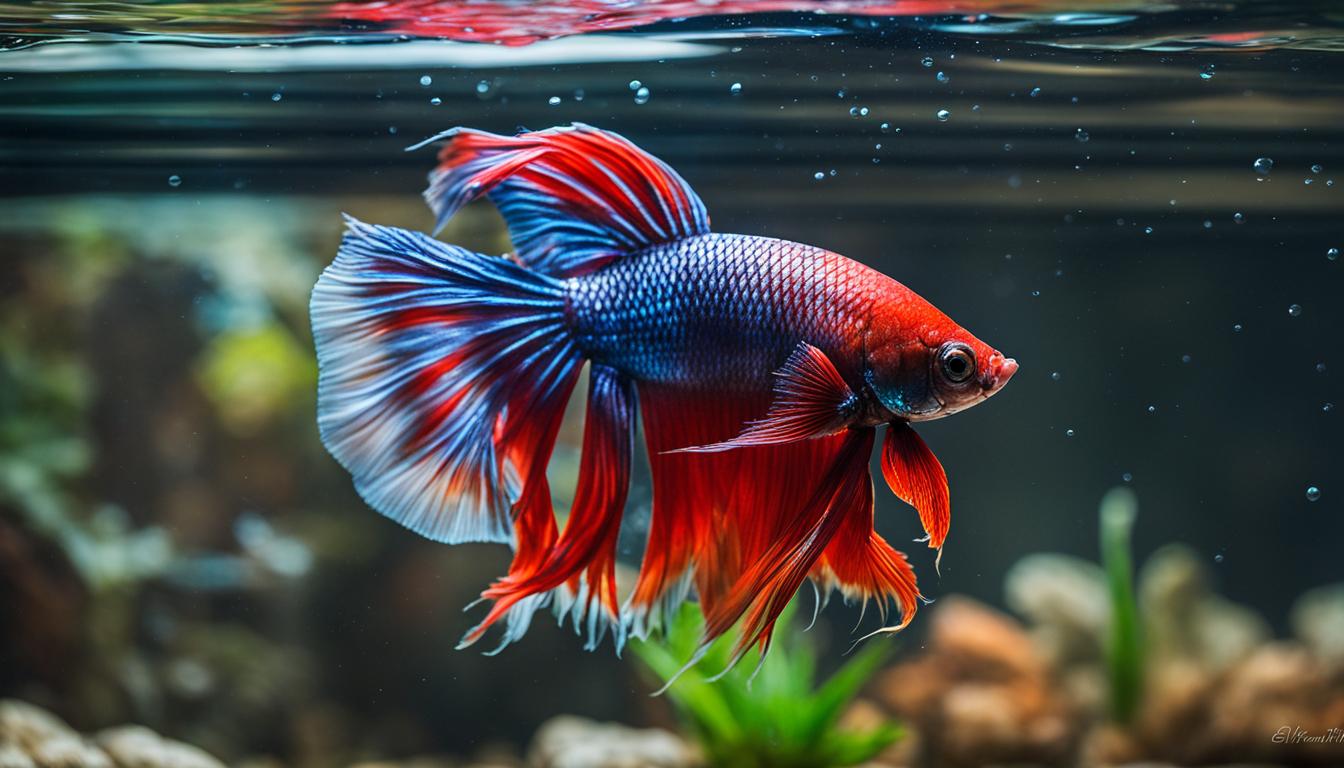
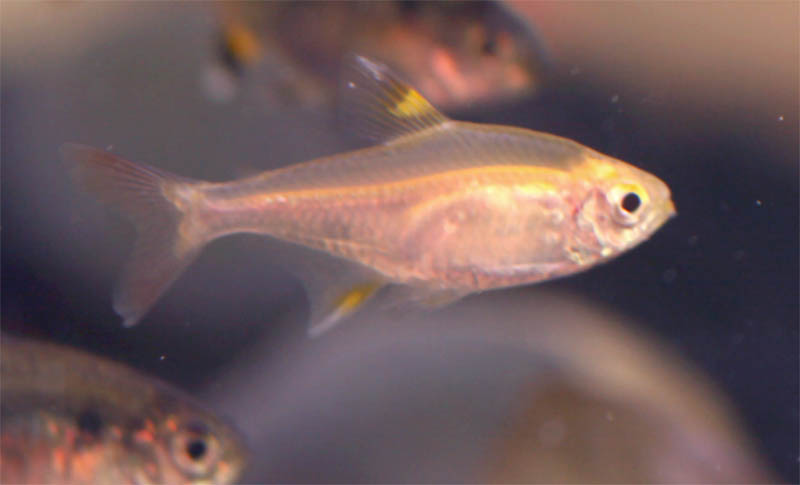
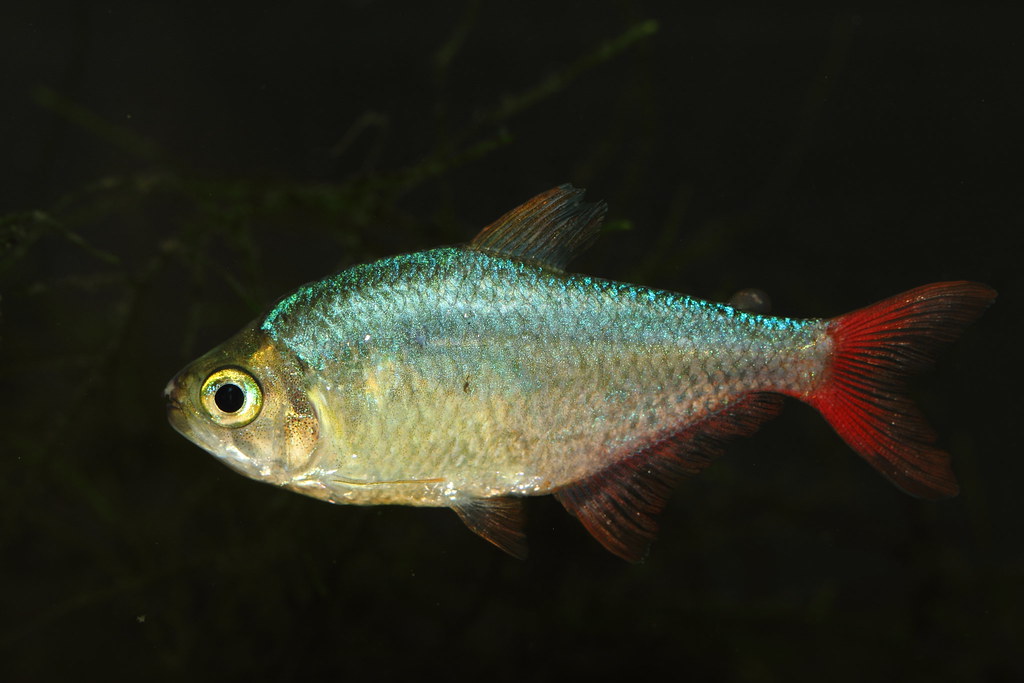
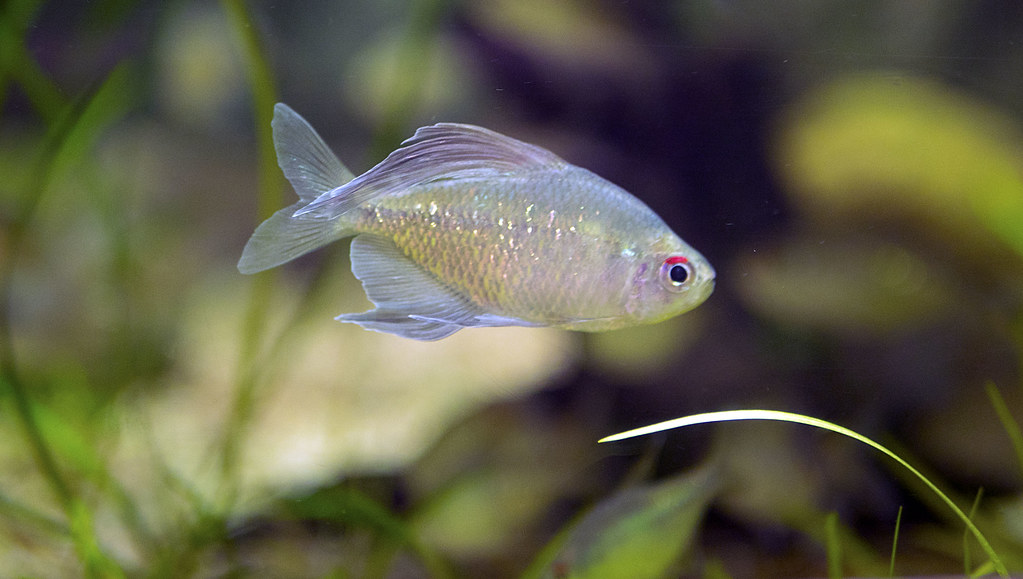
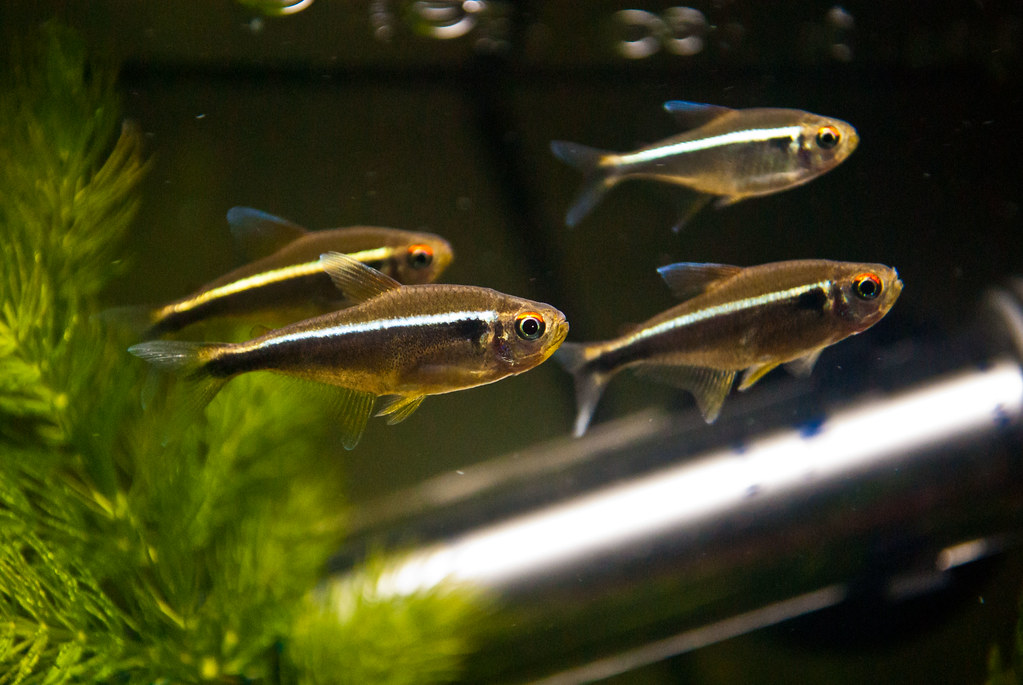
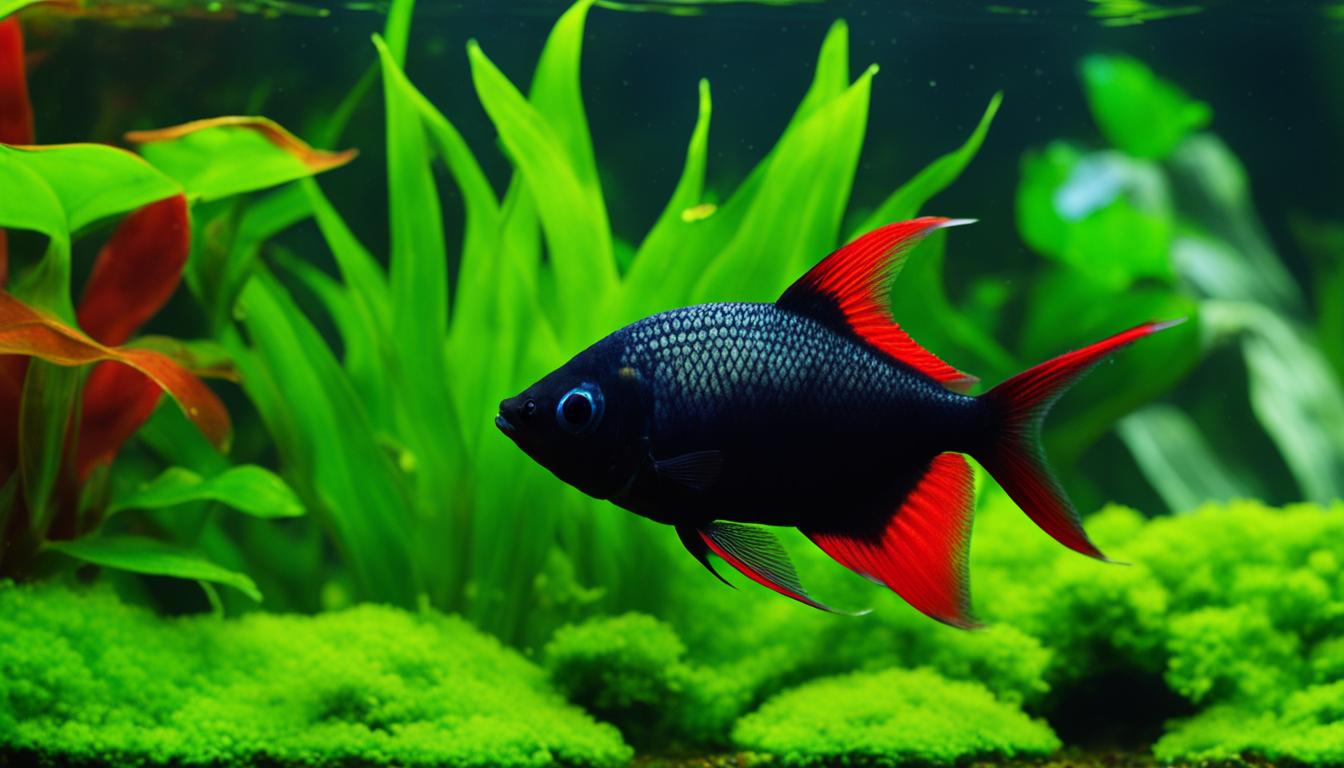



[…] the water’s surface and swiftly sink back down, almost as if engaging in a secret dance. This unique behavior is believed to be a form of communication among these captivating creatures. Male and female Kuhli […]
[…] platy fish do not play a role in parental care. In fact, they may even pose a threat to the fry if left in the same tank […]
[…] plays a vital role in minimizing the risk of fish parasites, so it’s important to maintain good aquarium hygiene and provide a suitable […]